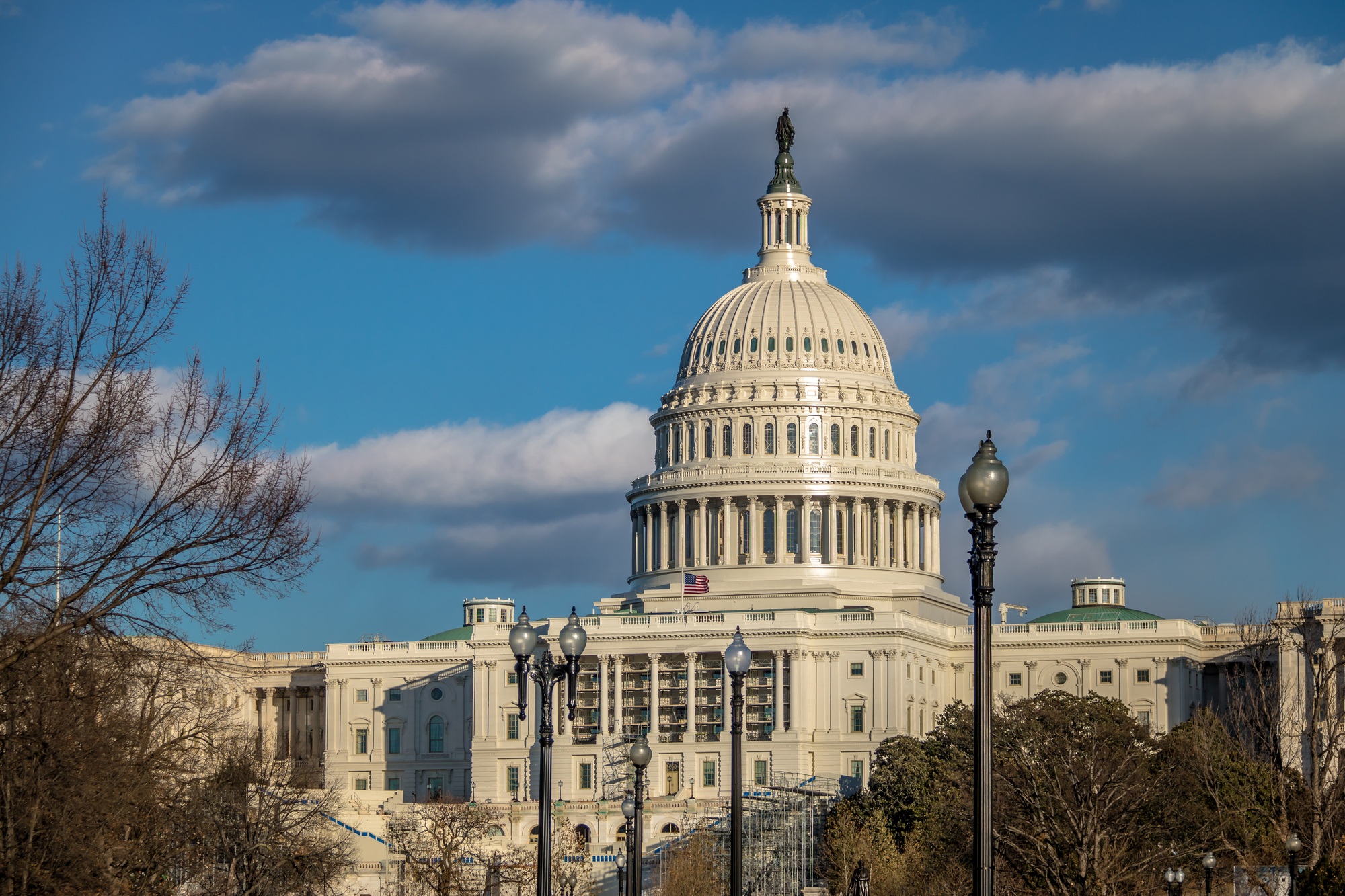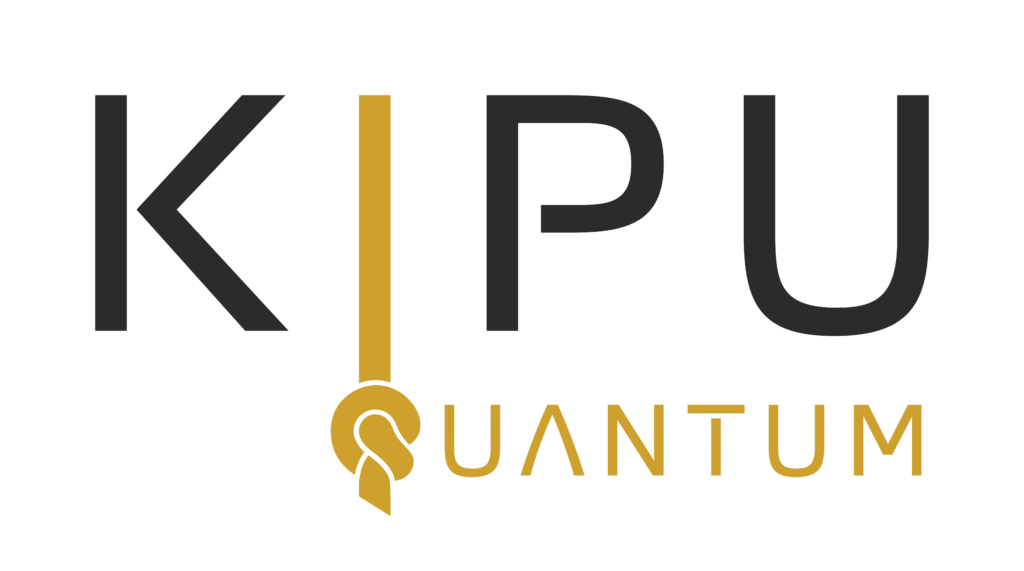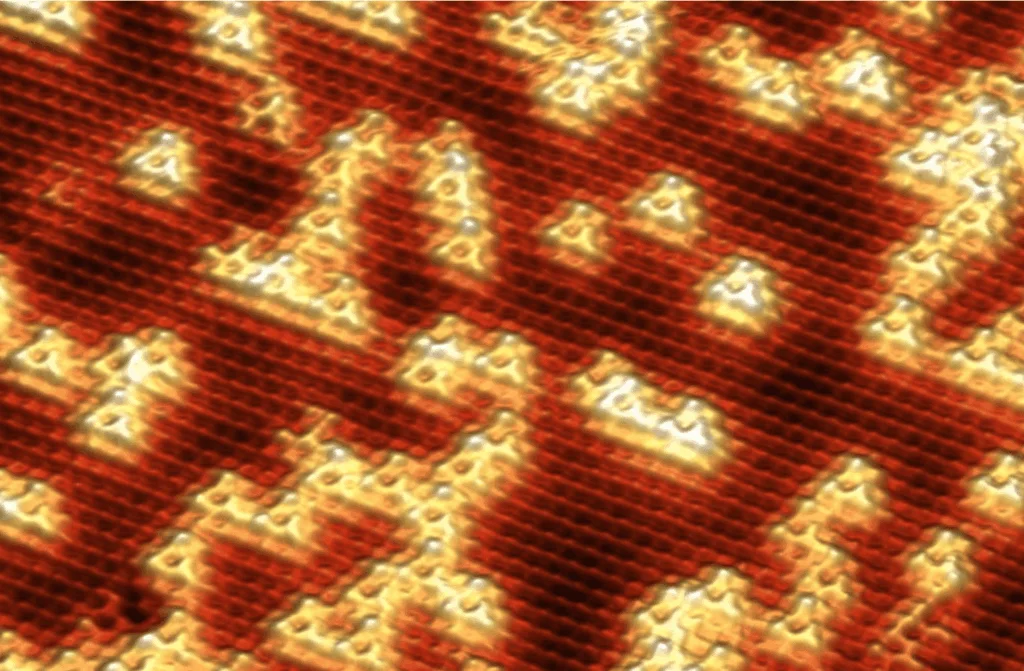Insider Brief
- U.S. Senators introduced the National Quantum Initiative Reauthorization Act, authorizing $2.7 billion over five years to advance practical applications in quantum technology and bolster national security and economic competitiveness.
- The legislation, which shifts more from basic research to applied science, includes funding for new quantum research centers, workforce development hubs, quantum satellite communications and public-private collaboration initiatives to bridge the “valley of death” between research and commercialization.
- Industry and academic leaders, including IonQ, Microsoft, and the University of Washington, endorse the bill, citing its potential to secure U.S. leadership in quantum innovation and foster transformative applications in areas like security, climate, and manufacturing.
Congressional leaders have introduced the National Quantum Initiative Reauthorization Act, a bipartisan effort to maintain U.S. leadership in quantum technology through $2.7 billion in funding for federal research and development over five years, according to a joint statement on the reauthorization act. The legislation, introduced by Senators Maria Cantwell (D-Wash.), Todd Young (R-Ind.), Dick Durbin (D-Ill.), and Steve Daines (R-Mont.), focuses on advancing practical applications in quantum science while expanding the scope of the original 2018 law.
“Advancements in quantum science and technology are a game-changer. From healthcare breakthroughs to clean energy solutions, quantum applications in sensing, computing, and communications will reshape our future,” said Sen. Cantwell in the statement. “The National Quantum Initiative Reauthorization Act strengthens America’s competitive edge through critical R&D investments. By fostering public-private collaboration, we will accelerate quantum innovation, create high-skilled jobs, and pioneer discoveries that benefit generations to come.”
Aims of the Legislation
The bill proposes significant investments in quantum computing, sensing, and communications, prioritizing economic competitiveness and national security. Federal funding would support quantum research at the National Institute of Standards and Technology (NIST), National Science Foundation (NSF), and NASA, along with new initiatives to boost workforce development and infrastructure.

The reauthorization act shifts the focus of the National Quantum Initiative from basic research to applications, addressing gaps in the technology’s journey from laboratory research to real-world use. To this end, the legislation outlines key investments:
- Establishment of up to three new NIST quantum centers.
- Creation of five NSF Multidisciplinary Centers for Quantum Research and Education.
- Development of a quantum education and workforce hub.
- Support for NASA’s quantum satellite communications and sensing work for earth science.
The legislation also authorizes prize challenges to encourage public-private collaboration, directs the Department of Commerce to enhance quantum supply chain resilience, and requires metrics for monitoring progress in quantum advancements. Additionally, the bill extends the program from 2029 to 2034 and incorporates new federal agencies like the National Institutes of Health, State Department, and Small Business Administration to expand interagency collaboration.
Federal Investment to Bridge Gaps
Federal funding is critical to addressing what experts call the “valley of death,” the stage where promising technologies often fail to transition from research to commercialization. By bolstering early-stage research and development, the legislation seeks to ensure that the U.S. remains in a global leadership position of quantum innovation.
Key provisions also aim to reduce bureaucratic hurdles that can deter academic and private-sector participation in federally funded quantum initiatives.
“Investing in quantum research is crucial to maintain America’s status as the leader in cutting-edge technology. I’m proud to support this bipartisan legislation, which will increase our national security and bolster our economy, both in Montana and across the nation,” said Sen. Daines in the release.
Broader Implications
Quantum computing promises to solve problems exponentially faster than conventional systems, with potential applications ranging from drug discovery and artificial intelligence to cryptography and financial modeling, according to the release. Quantum sensors offer improved precision for navigation, seismic monitoring, and infrastructure assessments, making them vital for sectors such as defense, energy, and telecommunications.
Expanding quantum research and development also has implications for national security, particularly in secure communications and encryption. Investment in quantum technologies ensures the U.S. retains a competitive edge while safeguarding critical infrastructure.
“Quantum technology is our future. And as Illinois continues leading the world in quantum research and innovation, it’s critical that our federal research agencies are fully funded,” said Sen. Durbin in the release. “The National Quantum Initiative Reauthorization Act will help ensure the United States leads the world in computing, security, and connectivity.”
Building on a Strong Foundation
The original National Quantum Initiative Act, signed into law in 2018, established a framework for collaboration between government agencies, academia, and industry. Since then, the U.S. has made strides in quantum science, but the reauthorization act aims to accelerate progress by focusing on practical applications and expanding partnerships.
“Quantum research and development is critical to our economic and national security. This legislation prioritizes advancements in quantum and will help address technological and workforce challenges in the quantum sector,” said Sen. Young in the statement.
The legislation now moves to committee, where lawmakers are expected to deliberate its provisions. Proponents emphasize the importance of swift passage to maintain the momentum of U.S. quantum research and to stay ahead of international competitors.
Quantum Leaders Back Legislation
The statement includes several quotes from quantum leaders, who reiterate the importance of the legislation.
“The Quantum Industry Coalition is committed to advancing U.S. quantum leadership. We welcome the reauthorization and expansion of the National Quantum Initiative, which will help expand the U.S. quantum industry through near-term application development and foundational research. The reauthorization enhances engagement with the innovative U.S. quantum industry, supports economic competitiveness, and promotes national security. We thank Chair Cantwell and Senators Young, Durbin, and Daines for their work on this important legislation,” said Paul Stimers, Executive Director of the Quantum Industry Coalition.
“QED-C wholeheartedly supports the bipartisan NQI Reauthorization Act being introduced in the Senate by the Committee on Commerce, Science and Transportation. The Act will ensure US leadership by supporting a broad portfolio of basic research, promoting engagement with industry and international partners, and building a quantum-ready workforce,” said Celia Merzbacher, Executive Director of the Quantum Economic Development Consortium.
“IonQ applauds Senator Maria Cantwell in her efforts to reauthorize the National Quantum Initiative Act (NQI). The NQI is instrumental in driving the U.S. national quantum strategy and demonstrates how policy can support technology leadership. Now is the time for the U.S. government to employ quantum computing and networking technologies to help address many of society’s complex challenges in areas such as security, finance, manufacturing and life sciences. We encourage a swift passage of this necessary legislation,” said Peter Chapman, President and CEO of IonQ.
“Microsoft supports the National Quantum Initiative Reauthorization Act as a vital step in maintaining U.S. leadership in quantum information science. This legislation plays a crucial role in driving innovation, cultivating a skilled quantum workforce, and fostering public-private partnerships. As quantum technologies advance, they offer transformative potential to address critical global challenges, from combating climate change to enhancing supply chain efficiency. Microsoft is proud to contribute to the progress of quantum science and technology and advocates for the swift passage of this essential legislation to secure the United States’ position at the forefront of the quantum revolution,” said Fred Humphries, Corporate VP U.S. Government Affairs for Microsoft.
“The National Quantum Initiative Reauthorization Act is vital for advancing quantum science and technology and ensuring the United States remains a global leader in this field. At the University of Washington, this investment empowers us to train the next generation of quantum researchers, and strengthens our ability to innovate in quantum computing, communication, and materials,” said Dr. Kai-Mei Fu, Professor of Physics, Electrical Engineering at the University of Washington.















